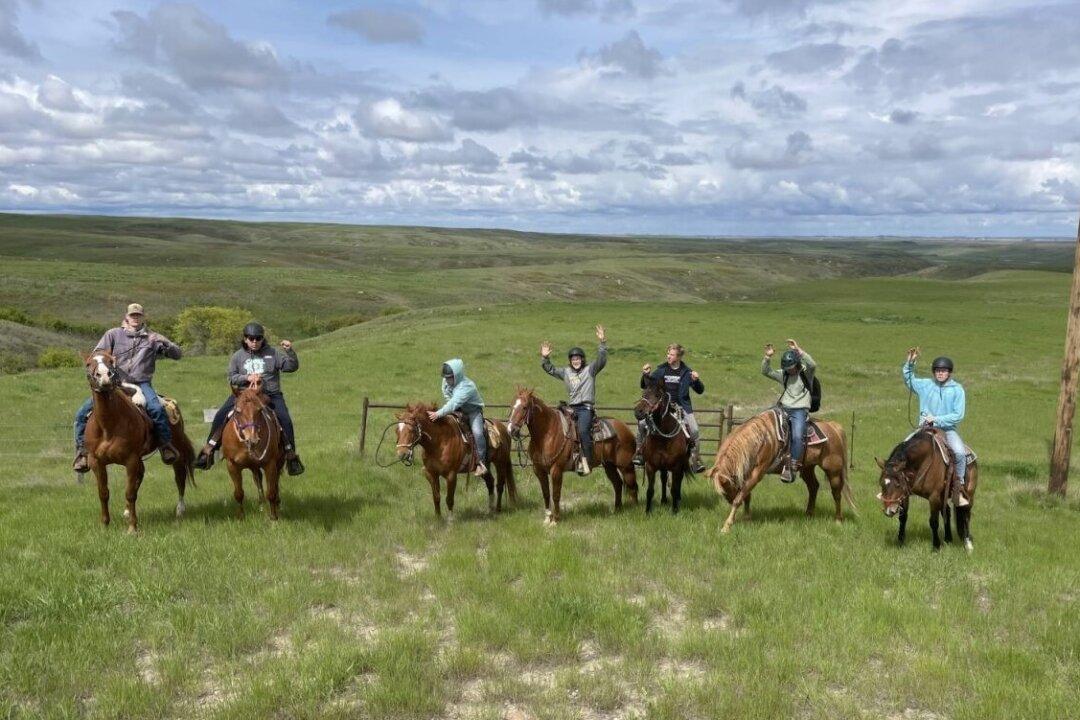SHAUNAVON, Sask.—If you see Rock Solid Refuge from a distance, you might just mistake it for another Prairie farm in southwestern Saskatchewan.
There’s a barn and various other buildings that wouldn’t look out of place on a typical farm. They’re surrounded by miles of fields and pastures.





